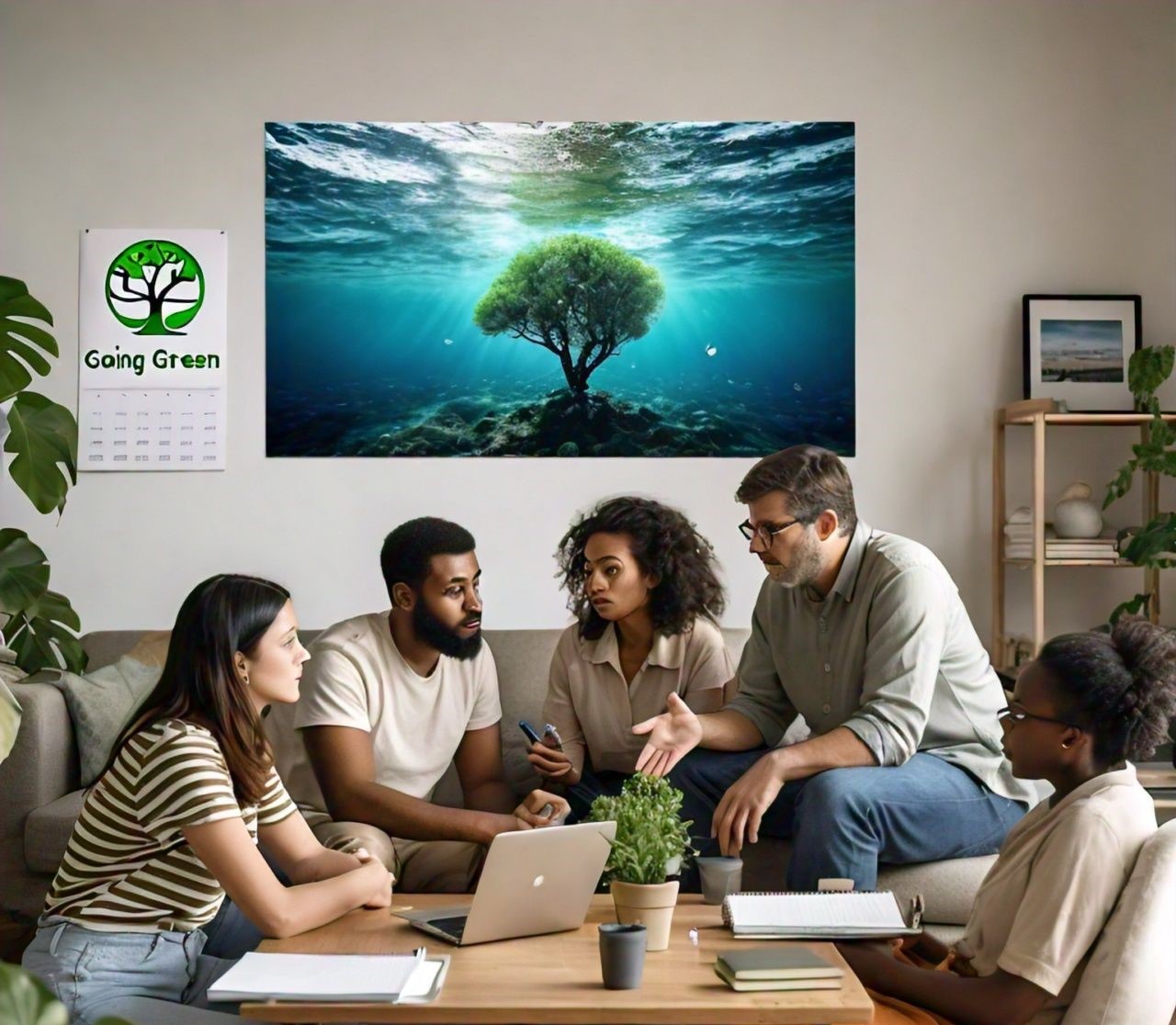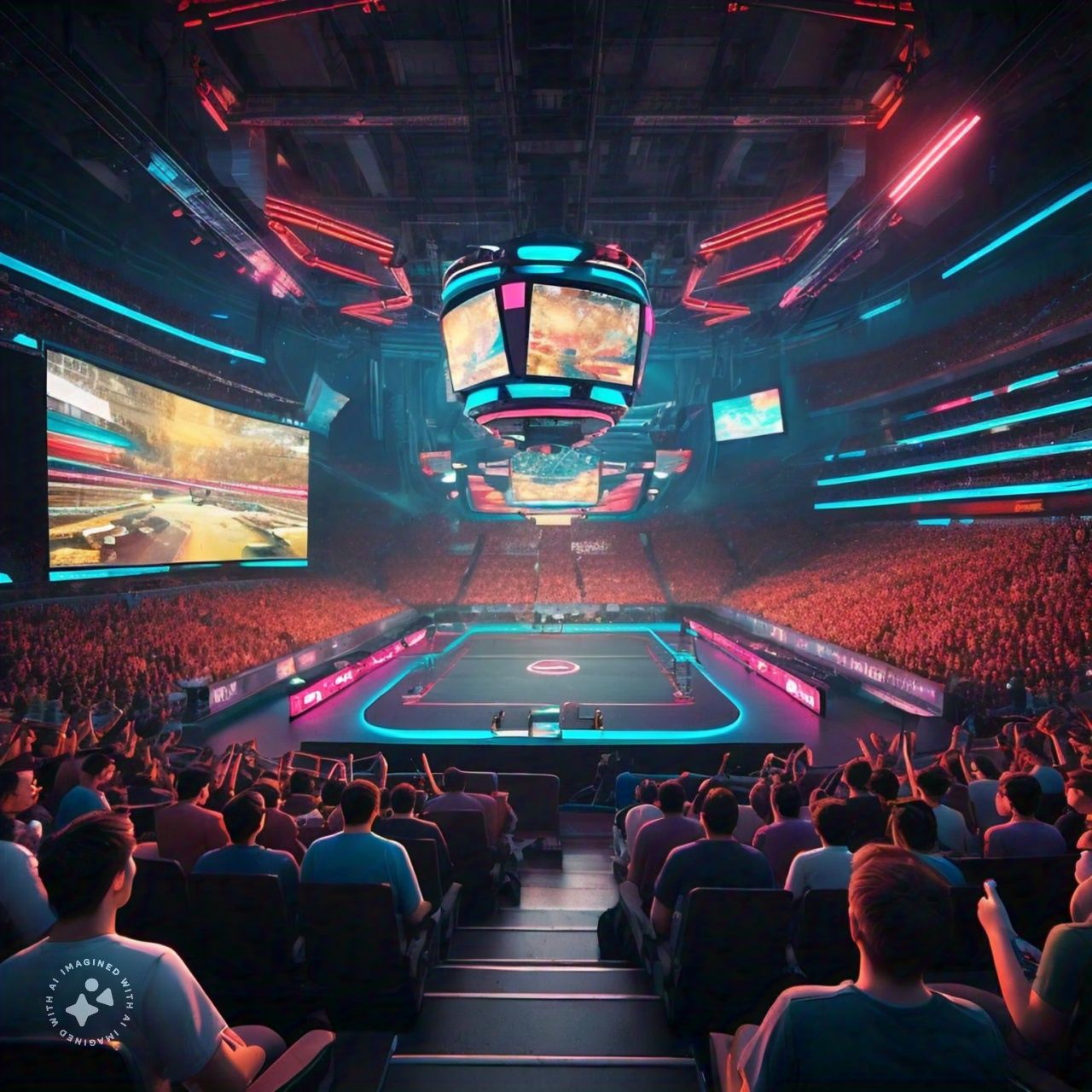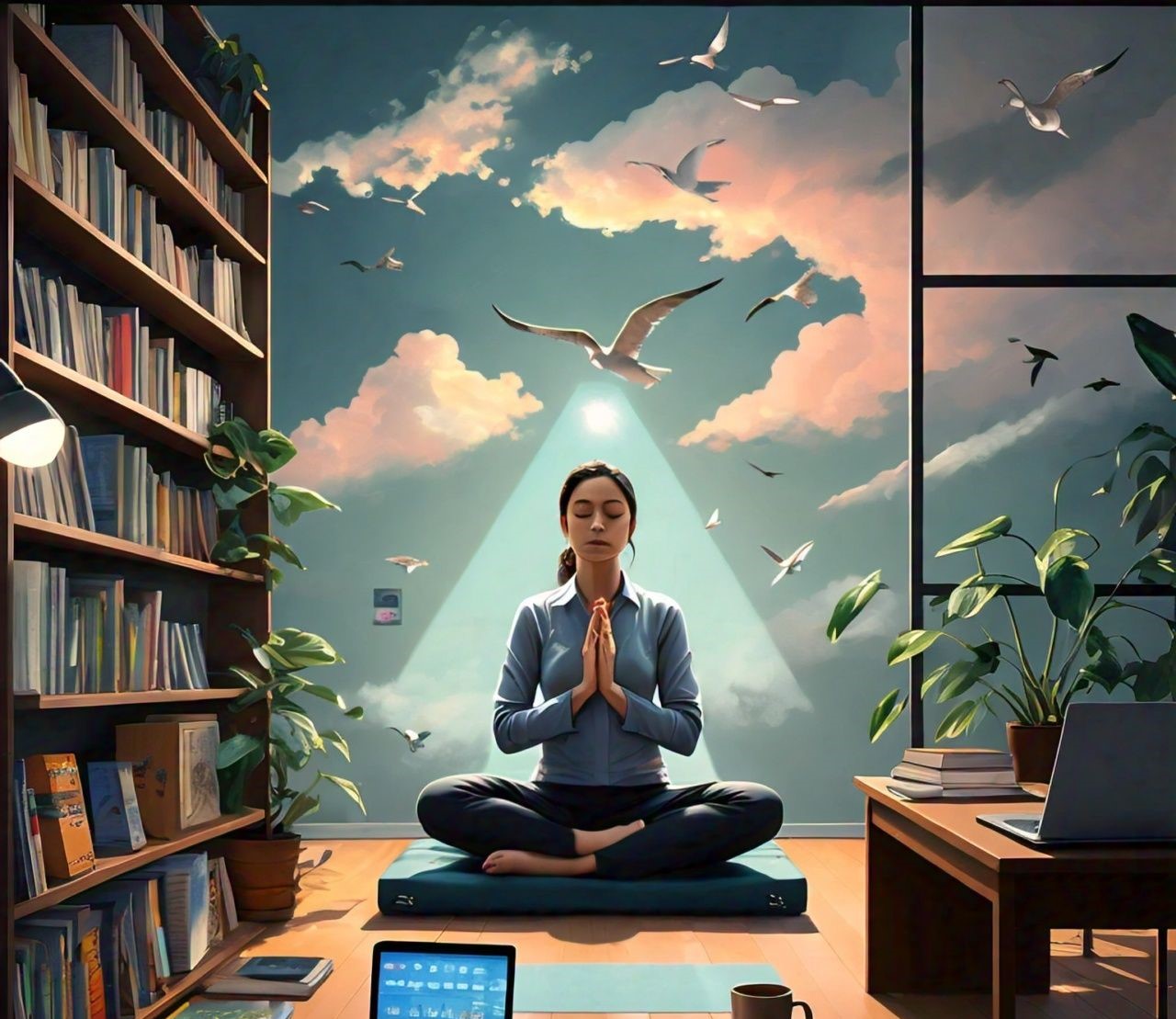The Mirror Reflecting Modern Culture – Exploring its Impact and Influence Leave a comment
Reality television has become a dominant force in modern media which significantly influencing modern culture. From the glamour and drama of “The Bachelor” to the transformative journeys on “Queer Eye.” The reality TV has carved out a unique niche in the entertainment landscape. This article helps to know the impact of reality TV on modern culture for examining its role in shaping societal norms, values and behaviors.
The Origins and Evolution of Reality TV
Reality TV emerged in the late 20th century with their shows like “Candid Camera” and “An American Family” laying the groundwork. These early iterations focused on unscripted real life situations offering viewers a strong glimpse into others lives. This genre is truly exploded in popularity with the debut of “Survivor” in 2000 followed by other iconic shows like “Big Brother” and “The Real World.” Over time the reality TV has evolved or incorporating various subgenres such as competition, makeover and dating shows.
The Appeal of Reality TV: Why We Watch
Reality TV’s attraction lies in its ability to present relatable or dramatized versions of everyday life. Viewers are drawn to the raw emotions which conflicts and triumphs portrayed onscreen. Shows like “Keeping Up with the Kardashians” offer an intimate look at celebrity lifestyles makes a sense of connection between the audience and the stars. Additionally, the interactive nature of some reality shows where viewers can vote and influence outcomes to adds to their impresisons.
A Mirror to Society: Reflecting Cultural Norms
Reality TV acts as a funhouse mirror for reflecting and distorting societal norms. Social critic Judith Butler argues that by presenting modern versions of gender and social roles for reality TV exposes and challenges our taken for granted assumptions. Shows like “RuPaul’s Drag Race” push the boundaries of gender expression to promote inclusivity and acceptance.
Moreover, reality TV often highlights cultural diversity for showcasing various lifestyles and traditions. Programs like “The Great British Bake Off” celebrate culinary arts from different regions to enhance cultural appreciation and understanding. By amplifying diverse voices and stories the reality TV contributes to a more inclusive media landscape.
Shaping Public Perception and Behavior
Reality TV are not only reflect culture even it actively shapes it. The visibility of certain behaviors and lifestyles can legitimize them in the eyes of the public. For example the rise of fitness and wellness trends can be attributed in part to shows like “The Biggest Loser” and “Extreme Weight Loss.” These programs inspire viewers to adopt healthier habits and pursue personal transformations.
However, this influence can also have negative consequences. The glorification of materialism and superficiality in shows like “Keeping Up with the Kardashians” can perpetuate unrealistic beauty standards and consumerist values. Critics argue that reality TV often prioritizes sensationalism over substance for potentially skewing viewers perceptions of reality.
The Impact on Social Relationships
Reality TV has transformed the way we perceive and engage in social relationships. Dating shows like “The Bachelor” and “Love Island” have popularized the concept of televised romance to influence that how people approach dating in real life. These shows often emphasize the importance of physical attraction and competition which can skew viewers expectations of romantic relationships.
On the other side the makeover and self improvement shows like “Queer Eye” promote positive social interactions and personal growth. By focusing on emotional connections and empathy these programs encourage viewers to prioritize kindness and self-acceptance.
The Role of Technology in Reality TV
Technological advancements have played a crucial role in the evolution of reality TV. The integration of interactive elements allows viewers to engage with content in new and exciting ways. For example the live voting on competition shows like “American Idol” empowers audiences to influence the outcome to create a sense of participation and investment.
Furthermore, social media platforms have become integral to the reality TV experience. Fans can follow their favorite stars on Instagram and Twitter for blurring the lines between on screen personas and real life identities. This constant connectivity enhances viewer engagement and builds loyal fan bases.
Reality TV as a Platform for Social Change
Beyond entertainment, reality TV has the potential to drive social change. Programs like “Undercover Boss” and “What Would You Do?” address pressing social issues such as workplace inequality and ethical dilemmas. By bringing these topics to the forefront the reality TV sparks important conversations and raises awareness.
Additionally, shows like “RuPaul’s Drag Race” and “Queer Eye” have been instrumental in advancing LGBTQ+ visibility and acceptance. By showcasing diverse identities and experiences these programs challenge stereotypes and advocate for equality.
Criticisms and Controversies
Despite its popularity the reality TV is not without its criticisms. Detractors argue that the genre often prioritizes sensationalism and drama over authenticity. The portrayal of contestants and scenarios can be heavily edited for leading the accusations of manipulation and misrepresentation.
Moreover, reality TV has been criticized for exploiting vulnerable individuals. Participants may face immense pressure and scrutiny tp lead mental health issues and other negative consequences. The lack of privacy and the relentless pursuit of ratings can create an environment that prioritizes profit over participant well being.
The Future of Reality TV
As technology continues to grow regularly the future of reality TV looks promising. The integration of virtual reality (VR) and augmented reality (AR) could revolutionize the viewing experience which allow audiences to immerse themselves in the action like never before. Interactive narratives and personalized content will likely become more prevalent for further enhancing viewer engagement.
Moreover, reality TV is poised to continue pushing the boundaries of representation and inclusivity. As societal attitudes evolve too much so the stories and perspectives featured on screen. Reality TV has the potential to be a powerful tool for social change by promoting empathy and understanding across diverse communities.
Conclusion
Reality TV is undeniably a significant force in shaping modern culture. Its ability to reflect and influence societal norms, behaviors and values makes it a compelling and impactful genre. While it is not without its flaws the reality TV’s capacity to entertain, educate and inspire cannot be overlooked. As we move forward it is essential to critically engage with this medium to recognize its potential and its pitfalls. By doing this we can ensure that reality TV continues to evolve and contribute positively to our cultural landscape.

om Crew, an expert in entertainment, brings extensive expertise and experience to his writing. As a distinguished author, he offers readers captivating insights and behind-the-scenes looks, blending his deep industry knowledge with engaging narratives that entertain and inform.





















